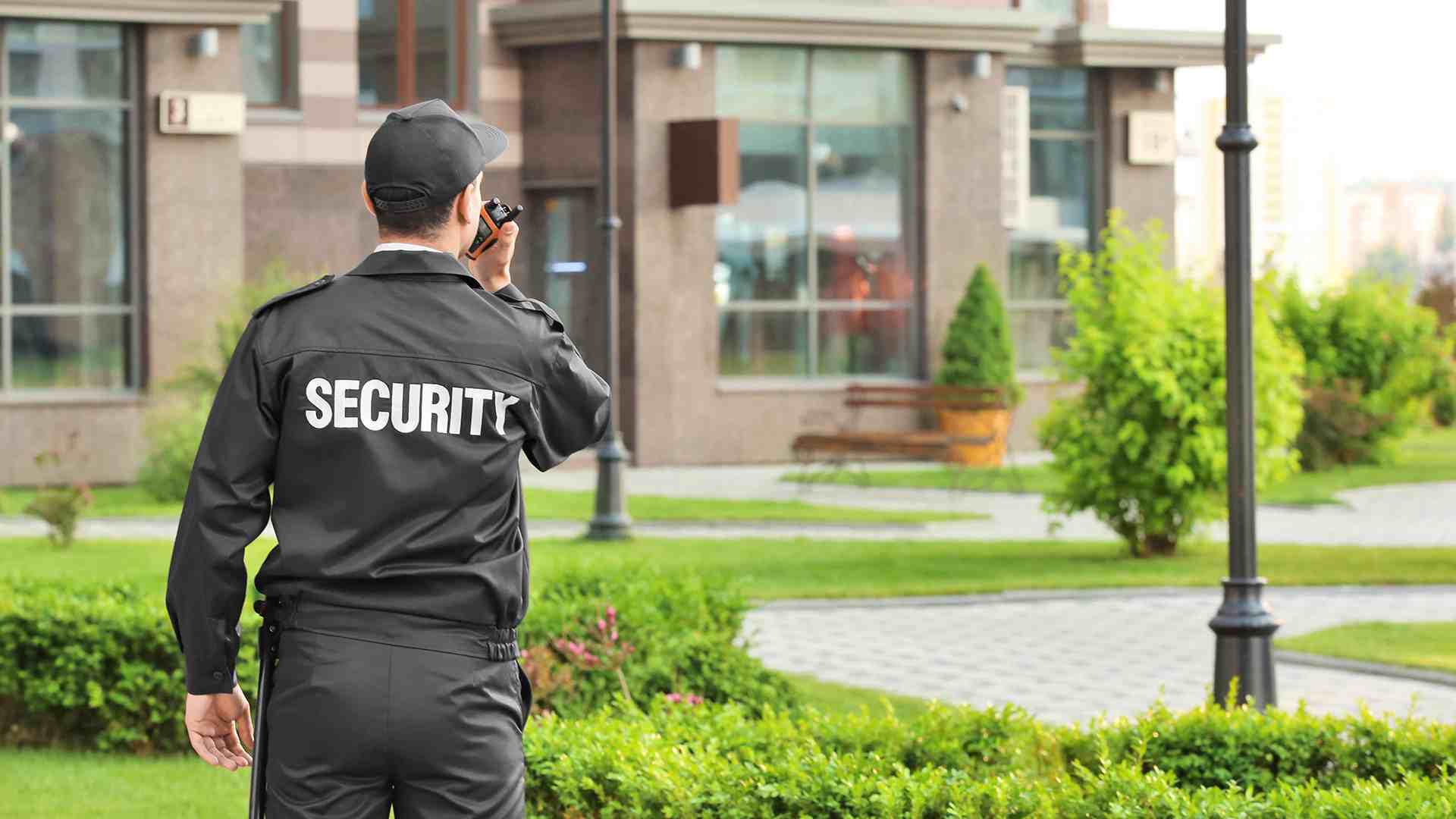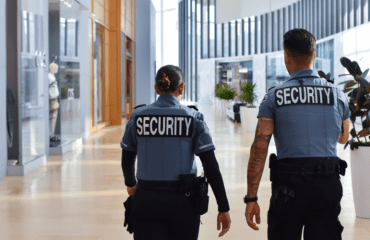In today’s fast-paced world, it has become a crucial aspect of the hospitality industry. Guests expect a safe and secure environment when they check into a hotel, and it’s the hotel’s responsibility to ensure their peace of mind. In this blog, we’ll explore the hotel security measures that are essential to protect guests, staff, and property. We will also highlight the importance of these measures in enhancing the overall guest experience.
Alpine Protection Services
Alpine Protection Services is a leading provider of customised security services tailored to meet the unique needs of various industries. With a commitment to excellence and a focus on client satisfaction, Alpine Protection Services offers a wide range of security services, including residential, commercial, and industrial protection. Their highly trained security professionals are equipped with the latest technology and are dedicated to ensuring the safety and security of clients’ assets, properties, and personnel. Whether it’s through 24/7 surveillance, on-site security guards, or advanced access control systems, Alpine Protection Services delivers reliable and effective security services that provide peace of mind.
The Importance of Hotel Security
It is not just about having security personnel at the entrance or cameras in the lobby. It encompasses a wide range of measures designed to protect guests, staff, and property. A well-executed security plan can prevent theft, unauthorised access, and other potential threats. By prioritising security, establishments can create a safe and welcoming environment, which is vital for maintaining a positive reputation and ensuring repeat business.
Inclusive Security Training for Staff
One of the most important aspects of hotel security is ensuring that all staff members are properly trained. Every employee, from front desk personnel to housekeeping, should be aware of the hotel’s security protocols. This includes recognising suspicious behaviour, knowing how to respond to emergencies, and understanding the importance of confidentiality regarding guest information. Regular training sessions should be conducted to keep staff up-to-date on the latest security measures and procedures. By making security a part of the hotel’s culture, employees are more likely to take it seriously and act accordingly in the event of a security breach.
Surveillance Systems
Surveillance systems are a critical component of any security plan. Modern surveillance technology allows for continuous monitoring of the hotel premises, both inside and out. Installing high-definition cameras in key areas such as entrances, exits, lobbies, and hallways can deter criminal activity and provide valuable evidence if an incident occurs. In addition to traditional CCTV systems, many hotels are now adopting advanced security technologies such as facial recognition and AI-powered analytics. These tools can help identify potential threats before they escalate, making the hotel environment safer for everyone.
Guest Awareness
While it’s the hotel’s responsibility to ensure a secure environment, guests also play a role in their own safety. Educating guests on hotel security measures can go a long way in preventing incidents. For example, guests should be advised to lock their doors, use the hotel’s safe for valuables, and report any suspicious activity to the hotel staff. Providing guests with a brief overview of security measures upon check-in or including this information in the hotel’s welcome materials can help raise awareness and encourage them to take proactive steps to protect themselves.
Emergency Response Plans
No matter how inclusive an hotel’s security measures are, emergencies can still happen. That’s why having a well-defined emergency response plan is crucial. This plan should outline the procedures for dealing with various emergencies, such as fires, medical incidents, and security threats. Staff should be trained to respond quickly and efficiently in these situations, ensuring the safety of guests and minimizing potential damage. Regular drills should be conducted to ensure that everyone is familiar with their roles and responsibilities in an emergency.
Integrating Technology with Hotel Security
As technology continues to advance, hotels have more opportunities to enhance their security measures. Integrating technology into security systems can streamline processes, improve response times, and provide better protection for guests and staff. For example, some hotels are using mobile apps that allow guests to unlock their rooms, check in, and even access certain hotel amenities without needing a physical key-card. This not only enhances convenience for guests but also reduces the risk of lost or stolen key-cards.
The Role of Hotel Design in Enhancing Security
The design of a hotel can have a significant impact on its security. By incorporating security features into the hotel’s design, such as controlled access points, well-lit areas, and strategically placed surveillance cameras, hotels can create a safer environment for guests and staff. For example, hotels can design their lobbies and reception areas to have clear sight-lines, allowing staff to easily monitor who is entering and exiting the building. In addition, the placement of guest rooms away from public areas can help reduce the risk of unauthorised access.
The Future of Hotel Security
As the hospitality industry continues to evolve, so too will security. Future trends in security are likely to focus on the integration of advanced technologies, such as AI, bio-metric systems, and smart devices. These innovations will allow hotels to provide an even higher level of security for their guests while also improving efficiency and convenience. One emerging trend is the use of blockchain technology for secure transactions and data storage. This can help hotels protect sensitive guest information from cyber threats and ensure that all transactions are secure.
Conclusion
Hotel security is a multifaceted responsibility that involves everything from staff training and surveillance systems to access control and cyber-security. By implementing these top security measures, hotels can create a safe and secure environment that ensures guest safety and peace of mind. Investing in security is not only essential for protecting guests and property, but it also plays a crucial role in building trust and loyalty with customers. When guests feel safe and secure, they are more likely to return and recommend the hotel to others.



